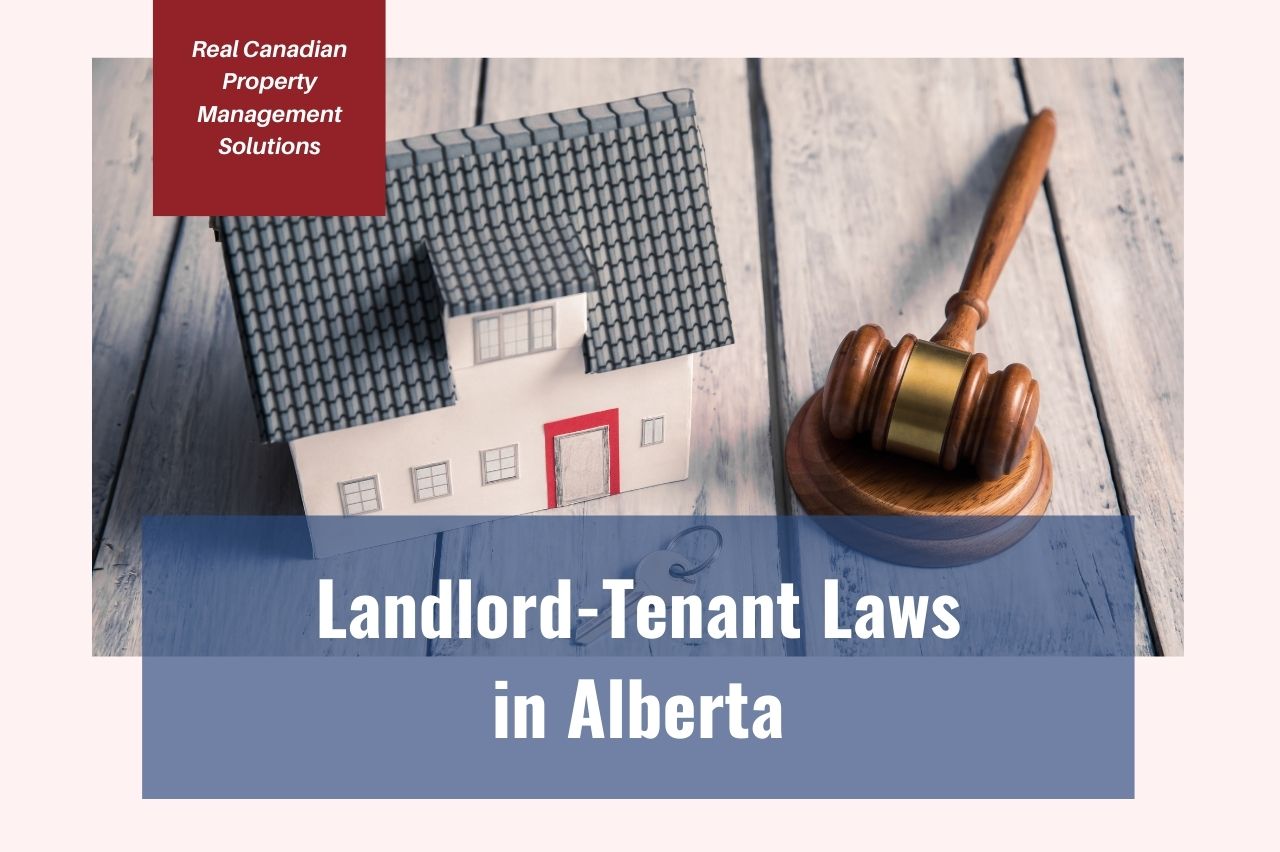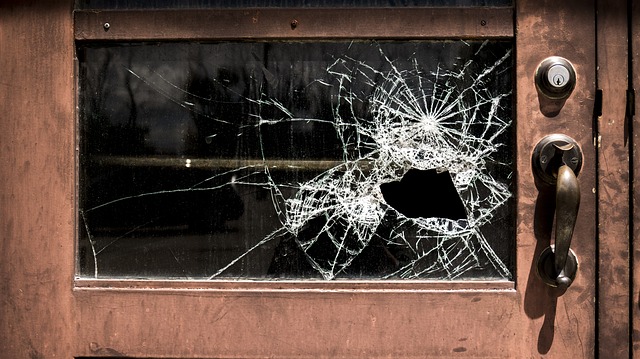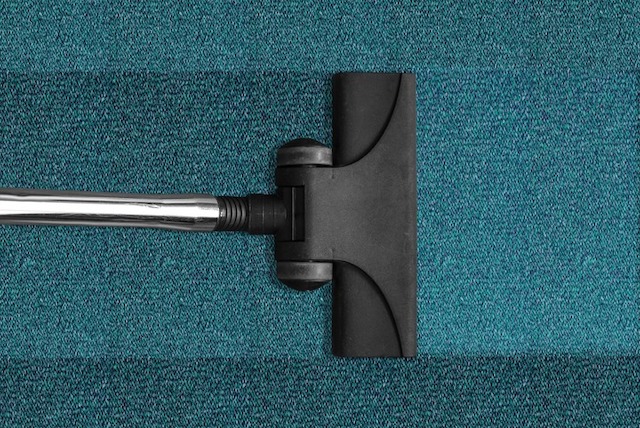
As a landlord, it’s important to know the laws in Alberta before you rent out your rental property. The same goes for any tenant who rents out a unit in Alberta. A landlord may want to know what your rights and responsibilities are as landlords and tenants. Landlords may also want to have an overview of the most important law to abide by.
So, for all landlords and tenants in the Province, this article will provide landlords with information regarding just that.
Written or Verbal Agreement
Before tenants move in, they need to sign a Residential Tenancies Act law. This is the lease or rental agreement containing all the information that each party needs to abide by. This rental agreement or signed lease can either be written or verbal, but it is always better to have everything in writing in case one of the parties breaks any of the terms in the rental agreement.
If the act is verbal, it will not go too far in court if anything were to occur. The lease or landlord-tenant agreement can be fixed-term or periodic, as long as landlords and tenants agree with what they are signing.
Fixed-Term Agreement
A fixed-term agreement will begin on a certain day and will end on a certain day under provincial laws.

As part of their rights and responsibilities, tenants in Alberta will have to move into the rented premises on the day of the contract and will have to move out on the day the contract ends. The tenancy will end when the lease agreement date ends. No notice will be required for this under Alberta regulations.
Periodic Tenancy Agreement
A periodic tenancy agreement has an open-end date but a firm move-in date. According to the law, landlords and tenants can end this agreement by giving appropriate notice. There is no one periodic renting agreement, which means that this type of contract can go year-to-year, month-to-month, or week-to-week. It all depends on what each party agrees on.
Who Can and Cannot Stay in the Unit?
It’s important to only allow tenants who are registered on the residential tenancy agreement to stay at the Alberta property for a long period. The tenant cannot allow another person to live at the rental unit they are renting without discussing it with their landlord.
It’s also for health and safety reasons. Depending on the situation and if the tenants have unauthorized tenants living at the residence, the landlord may have the authority to provide that person notice to leave the Alberta property. For resolving a dispute, learn more about the Residential Tenancy Dispute Resolution Service, Alberta.
Security Deposits
In most cases, landlords may require security deposits (often referred to as damage deposits) from his or her renters. This is to ensure that if there is any damage to your Alberta rental premises from the new tenant this deposit will help cover the cost of repairs.

Tenants should not pay more than one month’s rent as their damage or security deposit. A crucial piece of information to remember is that by law the property owner cannot increase the security deposits even if they increase the rent.
Landlords in Alberta must put the security deposits in a trust fund within two days of collecting it.
Upon a move-out, the Alberta property owner must return the security or damage deposit in full if no rent or other costs are owed on the contract. Moreover, this is also the case if no damage is done to the residence, aside from normal wear and tear.
Wear and tear on residential premises is deterioration that occurs over time by renting out the residence. Tenants in Alberta must make sure that the residence is in good standing upon leaving and that it is also clean. For more information about the difference between normal wear and tear and property damage in your Alberta rental premises, click here.
Responsibilities of Landlords and Tenants
Alberta landlords and tenants have unique rights and responsibilities. We will provide a list of those responsibilities here:
When renting in Alberta, tenant responsibilities include:
- Pay rent on time every month or whatever they and the property owner agreed on under the law.
- Be considerate about other people living on the premises (especially in common areas) if applicable and of the landlord’s rules.
- Not perform any illegal acts on the unit.
- Keep a clean residential property that’s in good standards according to the health and safety law.

- Not use the residence for business purposes unless the property owner has given you permission.
- Move out on the agreed date in the lease terms.
- Abide by all the rules in the lease agreement between the landlord and tenant.
As a landlord in Alberta, you are responsible for:
- Making sure the Alberta property is ready for the move-in date for the renter(s).
- Providing the Residential Tenancies Act before a tenant moves in.
- Ensuring you provide a clean rental premises that is up to Minimum Housing and Health Standards.
- Do not bother the tenant and ensure to contact them with a proper notice if you need to visit the rental premises.
- Make sure the premises are livable throughout the whole period the tenant(s) are renting from you and conduct any necessary repairs.
- Contact your tenants with written notice of the landlord within 7 days after they have moved in.
- If necessary, conduct evictions in proper accordance with the law.
Bottom Line
If you’re a property owner in Alberta and don’t think you have the time to take on these responsibilities, we may be able to help! A professional property management company like ours can do all the tasks for you.
We follow the Alberta landlord-tenant laws as well as the Alberta Human Rights Act laws to ensure a smooth legal process. As a professional property manager, we would be happy to provide landlords peace of mind with our services. If you have any questions about your rights and responsibilities under landlord-tenant law, contact Real Canadian Property Management Solutions today!